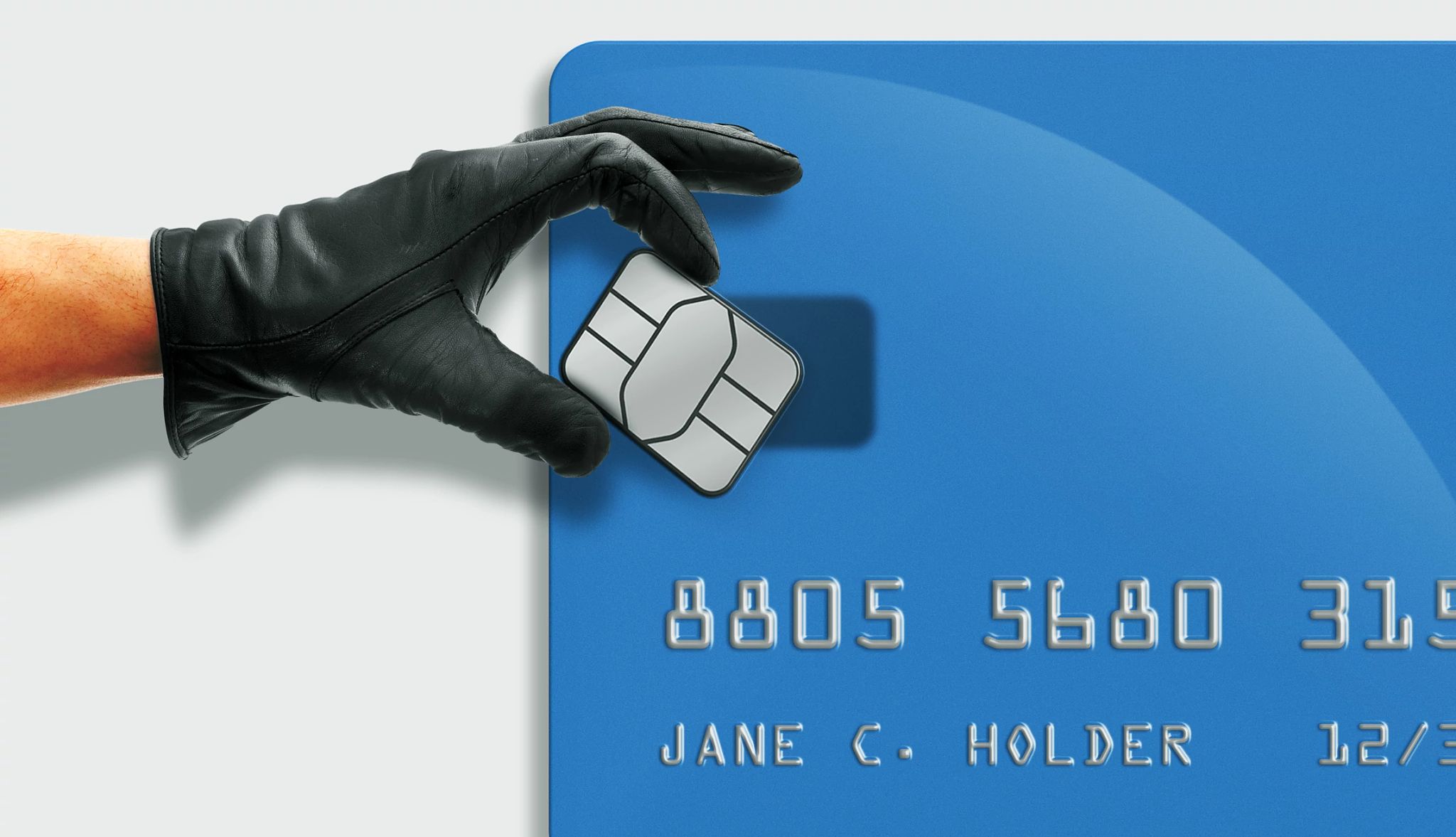AARP Hearing Center
The FBI is sounding the alarm on fake agent scams, and the AARP Fraud Watch Network Helpline (877-908-3360) has seen a rise in reports of impostors posing as government officials.
Criminals impersonate a wide range of local, state and federal government agencies, and the use of artificial intelligence makes these scams harder than ever to detect.
Here’s what you need to know about these trending scams.
How it works:
- You receive an unexpected call, text, or email from someone claiming to be from the FBI or another government authority.
- They could say there’s a warrant for your arrest.
- Or they may claim your identity was stolen and used to buy child pornography or launder money. They may say they need your help to catch the criminal and urge you to transfer your money for “safekeeping.”
- And they’ll likely insist on secrecy, pressuring you not to discuss the situation with anyone.







































































